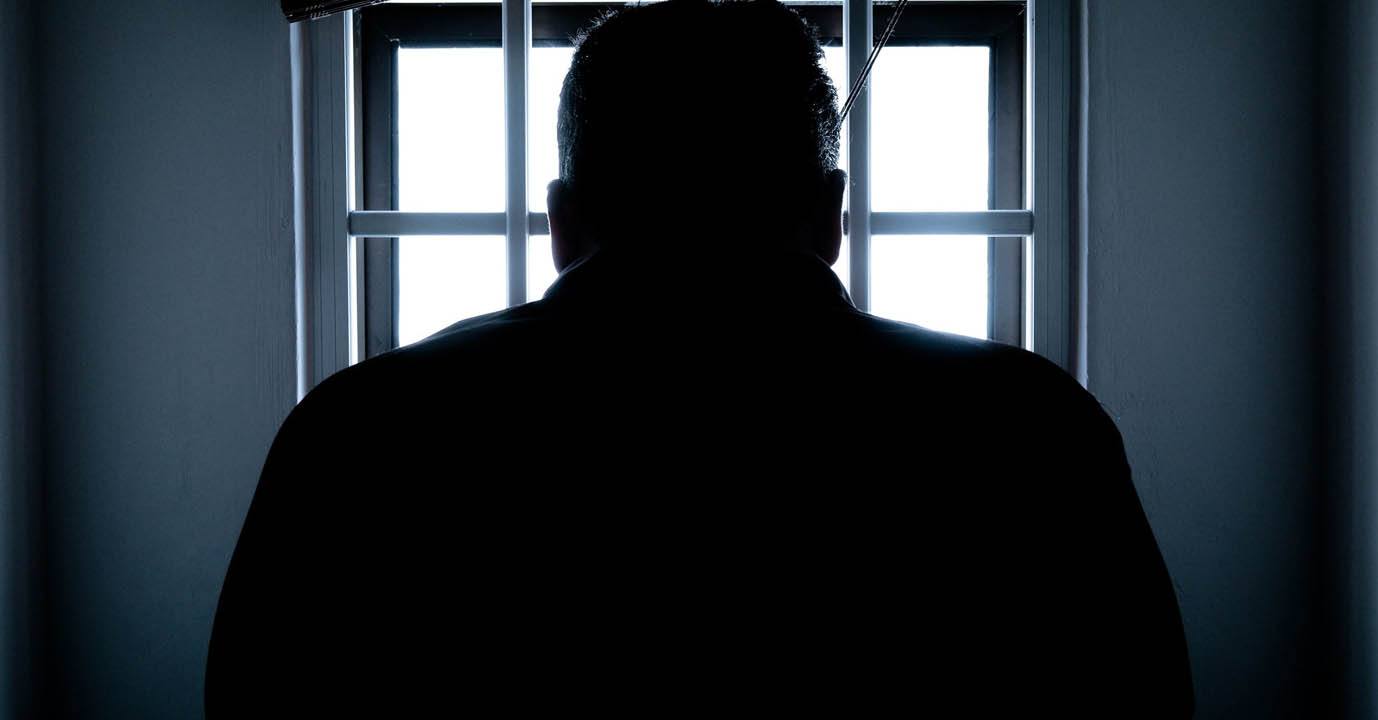The right of victims to the last word in court

In the current criminal process in Spain, the defendants, in addition to being defended at all times and from the moment of their arrest by Abogado of your choice, article 739 and concordant Criminal Procedure Law, in a generous interpretation of those prescribed in articles 14 of the International Covenant on Civil and Political Rights, art. 6 of the Convention for the Protection of Human Rights and Fundamental Freedoms and of art. 24 of the Spanish Constitution on the rights of defense and of self-defense, additionally configures the defendant’s right to the last word, with no limitations other than “ do not offend morality or disrespect due to the Court, nor to the considerations corresponding to all people, and that they stick to what is pertinent, withdrawing the floor if necessary”.
Obviously forget to mention the victims specifically!
The right to the “last word of the accused” has been strongly endorsed in Spain by judgments both of the Constitutional Court (cfr., for all, SSTC 13/2006 of January 16; 93/2005 of April 18; 91/2000 of March 30, like many others in the same vein of the Criminal Chamber of the Supreme Court strong>since the distant June 16, 1984.
The art. 10 of the Constitution guarantees the: “dignity of the person and the inviolable rights that are inherent to him…< strong> “, adding the art. 14 which stresses that “Spaniards are equal before the law, without any discrimination prevailing….“, and in 18.1 “the right to honor, personal and family privacy and one’s own image is guaranteed”.
The obligatory question:
Where is the right of victims to the “last word” that has been expressly granted to the accused, after and in addition to having been defended by a lawyer of their choice, providing all the pertinent evidence and, as if that were not enough, shielded by two monumental guarantee principles such as: (1) the presumption of innocence and (2) in case of doubt, it is appropriate to acquit”?.
The answer is simple:
in our country, to date, victims lack the right to the “last word” enjoyed by the accused, and not to defend their legitimate rights, but even more so, to express their human feelings of suffering, pain and reproach caused by the criminal offense and by the resulting personal, family, moral and social injustices… in addition, victims should have the legal opportunity to procedurally express those feelings face to face with the defendant already convicted, which is especially pertinent in cases of very serious crimes that are tried before the Jury of the citizens, in which the verdict of guilt or innocence is publicly proclaimed in an immediately after completion of the evidentiary trial.
And this procedural reflection that I have just exposed <NO> it is by no means the result of a unique personal invention in the world. In the USA, for example, the right of the victim to address the convicted person face to face at the end of the trial, is procedurally coined as “Victim Impact Statement “, which shines like a sun in front of the painful panorama that I remember having experienced on several occasions in our country, some very recently, when the Court has gone so far as to bitterly reprimand the parents of a fatal victim of sexual assault for At the end of the trial, try to express to the convicted person his immense pain and recrimination for his inexplicable criminal conduct.
Simply an unfortunate situation that requires urgent “Political Will” to remedy!
Gustavo López-Muñoz and larraz
Director of the Criminal Law Department JL Casajuana Abogados
12/12/2018






